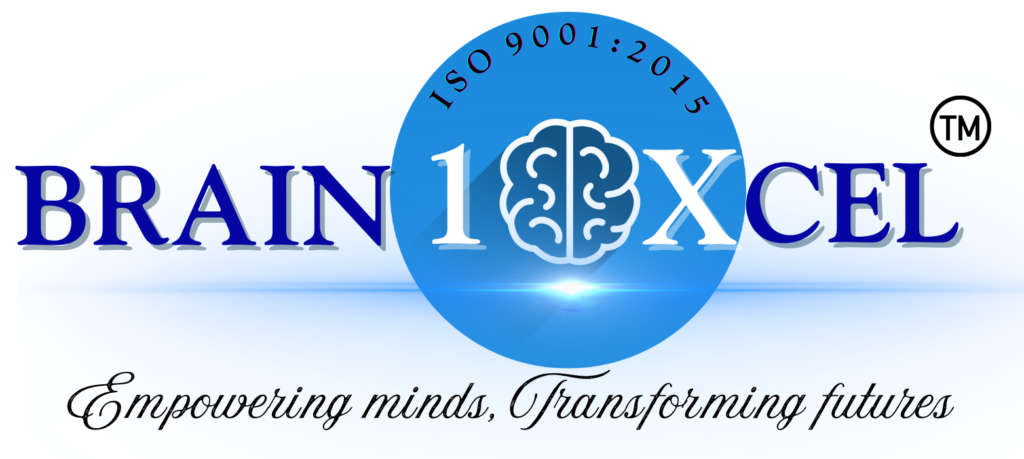Why NLP

Here’s a deeper look at common issues people face and how they might manifest, including symptoms and underlying patterns:
- Anxiety and Stress: People with anxiety often experience racing thoughts, restlessness, and difficulty concentrating. Stress may manifest through irritability, headaches, muscle tension, and sleep disturbances. Both can lead to avoidance behaviors, especially in social situations or high-stress environments, worsening feelings of helplessness.
- Business Challenges: Individuals in professional settings often face issues with decision-making, confidence, and handling conflict. They may struggle with imposter syndrome, communication breakdowns, or the inability to delegate effectively. These challenges can hinder career progress and contribute to burnout.
- Low Self-Confidence: A lack of confidence often results in self-doubt, negative self-talk, and fear of judgment. Individuals might avoid taking risks or speaking up in social or professional settings, and they may rely on external validation. This mindset can prevent personal growth and deepen insecurities.
- Conflict: Conflict often stems from misunderstandings, unmet expectations, or communication gaps. Signs of conflict include heightened emotions, defensiveness, and withdrawal. Unresolved conflict can strain relationships, lower productivity in team settings, and lead to chronic stress.
- Educational Stress: Students can experience academic stress due to performance pressure, fear of failure, or learning difficulties. Symptoms include procrastination, lack of motivation, and sometimes physical complaints like headaches or stomachaches. Anxiety about exams or public speaking often disrupts learning.
- Fears and Phobias: Phobias lead to intense, often irrational, fear responses, which can trigger avoidance behaviors. Symptoms might include rapid heartbeat, sweating, and even panic attacks when faced with the feared object or situation, limiting one’s experiences and freedom.
- Health and Well-being: People struggling with health-related concerns may battle negative self-perceptions or feel overwhelmed by lifestyle changes. Symptoms could include poor self-care, stress eating, or lack of physical activity. The burden of managing chronic conditions may exacerbate emotional distress.
- Healthcare Communication Challenges: Healthcare providers can experience emotional burnout and communication difficulties with patients. Misunderstandings or a lack of empathy in exchanges might lead to patient dissatisfaction, which affects trust and treatment outcomes.
- Workplace Stress: In the workplace, stress manifests as irritability, exhaustion, and disinterest in tasks. It can result from poor work-life balance, excessive workload, or inadequate support. Chronic workplace stress impacts mental health, potentially leading to decreased productivity.
- Parenting Struggles: Parents often face challenges balancing work, personal life, and their children’s needs. Common signs of parental stress include frustration, feelings of inadequacy, and inconsistent discipline. These can negatively affect family relationships and children’s development.
- Personal Development Barriers: Many individuals feel “stuck” in personal growth, held back by habits, procrastination, or fears. This stagnation can feel overwhelming, leading to a cycle of self-doubt and unfulfilled potential that impacts overall satisfaction.
- Relationship Challenges: Relationship issues frequently involve communication breakdowns, trust issues, and unresolved conflicts. Symptoms include withdrawal, frequent arguments, and misunderstandings, which can create a hostile or disconnected environment over time.
- Sports Performance Anxiety: Athletes may experience performance anxiety, manifesting as excessive focus on results, self-criticism, and loss of focus under pressure. These symptoms lead to decreased enjoyment and burnout, affecting both mental and physical health.
Each of these issues can be deeply ingrained, stemming from past experiences, learned behaviors, or biological factors. Understanding the symptoms and underlying patterns helps to address them effectively with the help of NLP Therapies.
Testimonials
Rohit Rao, Mumbai, India
“NLP has completely transformed my confidence. I now handle stress better and feel empowered to take on new challenges. My work and personal life are flourishing.”
Emily Chen, London, UK
“As someone with social anxiety, NLP helped me identify my triggers and manage them. It’s been life-changing – I’m able to connect with others in ways I never thought possible!”
Arjun Mehta, Delhi, India
“I used to struggle with public speaking, but NLP gave me tools to overcome my fears. Now, I present confidently and my career has skyrocketed!”
Samantha Lee, Sydney, Australia
“After struggling with low self-esteem for years, NLP was a revelation. It taught me to reshape my self-talk, and I finally feel comfortable in my own skin.”
Deepika Reddy, Bangalore, India
“NLP has been the breakthrough I needed to overcome my fear of failure. It’s improved my focus, resilience, and drive – I’m truly grateful for this experience.”
Carlos Martinez, Barcelona, Spain
“NLP techniques have helped me build better relationships and communicate more effectively. I’ve gained clarity and confidence in both personal and professional spaces.”
Priya Sethi, Pune, India
“I was skeptical at first, but NLP exceeded my expectations. It’s helped me reduce stress and boost my productivity. I feel more in control of my life.”
James Taylor, New York, USA
“I was often overwhelmed by workplace stress. NLP taught me practical strategies to manage my mindset, making me calmer and more effective at work.”
Ananya Gupta, Jaipur, India
“NLP has helped me let go of negative beliefs I held for years. I feel more optimistic and focused on achieving my goals, and my relationships have improved too!”
Isabella Rossi, Milan, Italy
“After years of self-doubt, NLP was the shift I needed. I now recognize my worth and approach life with newfound confidence. It’s been a life-changing journey.”
